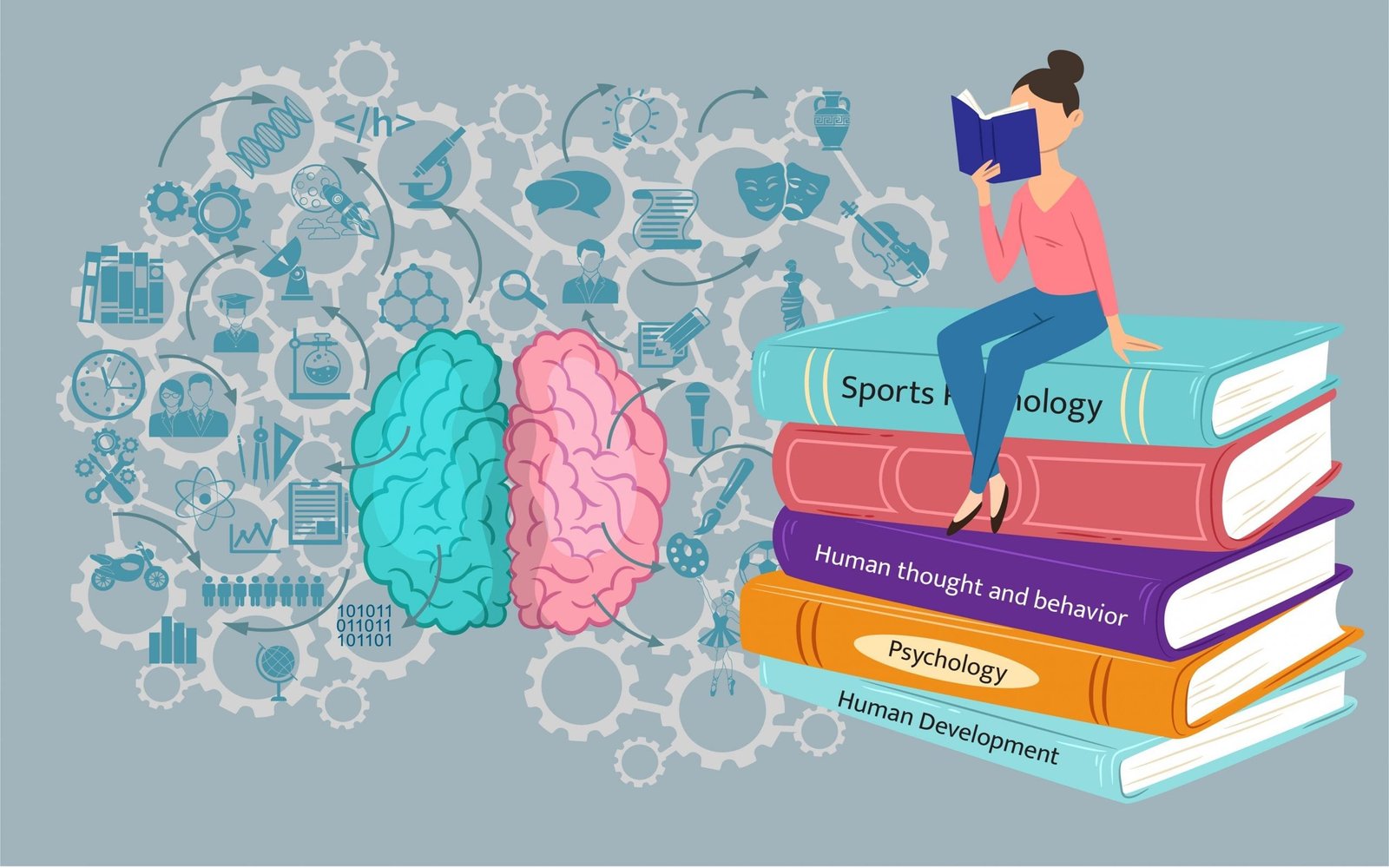Psychology has become a very important and popular subject today. It deals with many problems of everyday life. Psychology helps us to understand the behaviour of people around us, to find out why they behave differently and what forces are responsible to make them so differIt tries to explain wide array of factors involved in what we humanbeings do. The principles explained by psychology give us a rational basis of understanding of what we and others do. Psychology has been defined in many ways. In ancient days people were analysing the behavioural aspects on the basis of philosophy. They believed that there is a soul in every individual and this is responsible for all our activities. This view led to the opinion that the subject matter of psychology must be the study of soul. But this definition could not answer the questions regarding the existence of soul and its accessibility for study. This condition led to a new definition by Greek philosophers whodefined psychology as a ‘science of mind’. But this definition was also rejected on the same grounds as soul was rejected. Later, Wilhelm Wundt a psychologist who established the first psychological laboratory at the University of Leipzig in Germany defined psychology as the study of consciousness. EB Titchener the disciple of Wundt, proposed the method of Introspection to study consciousness. But because of its subjectivity and unscientific method of study, this definition was also rejected. Gradually, as a result of the development of scientific outlook people started thinking on a scientific basis and began to define psychology as a science of behaviour. Finally, JB Watson (1913) defined psychology as a science of behaviour of human as well as animal beings. Today this is the most accepted definition. In this definition the term behaviour includes the cognitive activities like thinking, reasoning, intelligence, imagining, memory, etc., co-native activities like walking, dancing, fighting, attacking and other action tendencies and also the affective activities like feeling, joy, happiness, sympathy, anger, jealousy, etc. in a person. This definition also includes the behaviour not only of human beings and animals, but also all living organisms and their mental processes. Hence, today the definition given by JB Watson is accepted in its modified form as “Psychology is the study or science of behaviour of the organism and its mental processes”. Psychology has all the qualities of a science. After the establishment of a psychological laboratory by Wundt, it has developed itself as a science. Psychologists do experiments and make observations which others can repeat; they obtain data often in the form of quantitative measurements which others can verify. Like any other positive science, psychology is also systematic in its approach. Measurement in psychology is often more difficult of course, than it is in other sciences. However, psychologists have devised many ingenious tests to assign numbers to data. Psychology is following all the principles of science like principles of behaviour, objective experimentation, analysis of data and behaviour, formulation of hypothesis, verification and generalisation, etc. As aresult of such a scientific approach many theories have been developed to explain the behaviour. Psychology believes in cause and effect relationships in behaviour. It is considered as a behavioural science as it deals with behaviour of the organism. However, because of its objectivity in analysis of behaviour through experiments, it may be considered as a developing positive science of behaviour.

